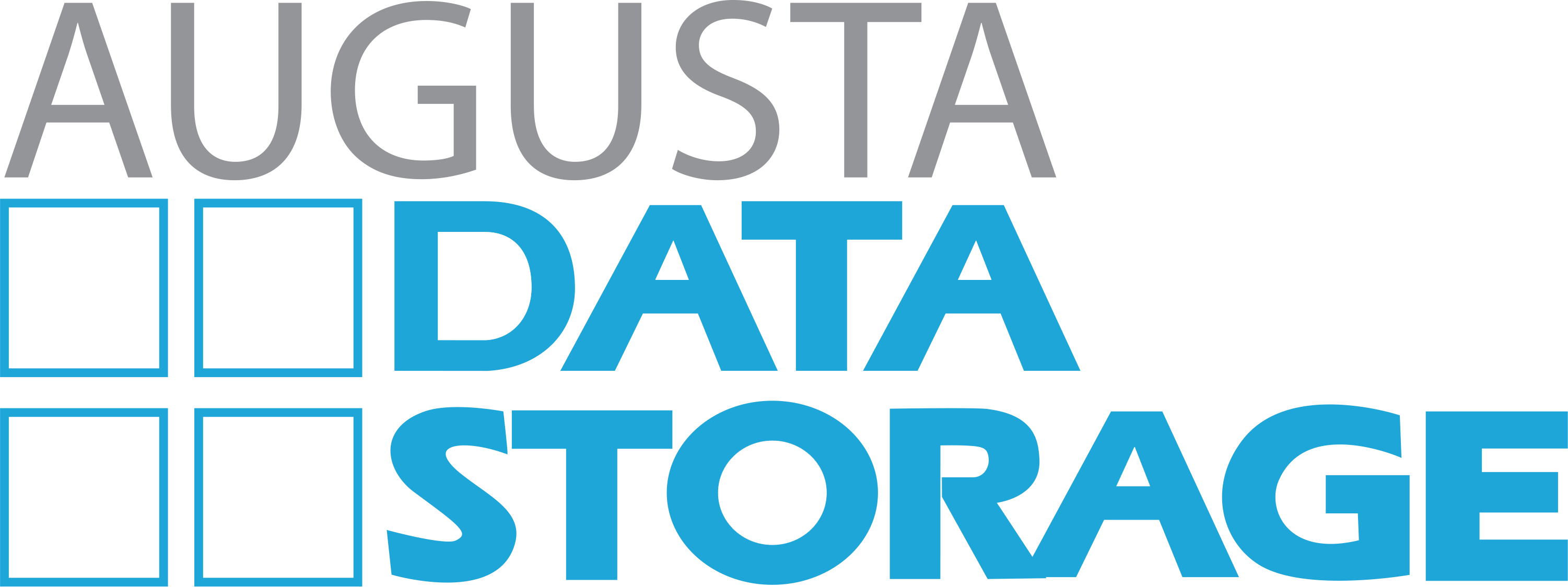Information Security in Legal Practice: Tactical Tips to Safeguard Client Confidentiality

As a legal professional, the importance of data security cannot be overstated. The sensitive nature of the information handled by law firms, coupled with the ethical and legal obligations to protect client confidentiality, makes data security an indispensable aspect of legal practice.
In fact, due to the sensitive nature of the information that law firms are privy to, lawyers are a target for cybersecurity attacks. A 2022 report by the American Bar Association states that 27% of all law firms have experienced a data breach at some point.
With security threats only continuing to grow, legal professionals must be well-equipped with the necessary tools and strategies to safeguard client information.
Importance of Information Security in Legal Practice
The legal profession is built on trust and confidentiality, and your clients expect their personal and sensitive information to be kept confidential at all times. Attorneys and legal professionals are entrusted with sensitive information daily, including confidential client communication, financial records, and strategic plans. And breaches in data security not only compromise the trust between attorneys and clients but can also result in severe legal consequences.
Why information security matters for client confidentiality:
- Client Trust and Reputation: Clients trust law firms to safeguard their confidential information. Any breach of this trust can severely damage a firm’s reputation and lead to potential legal consequences.
- Legal and Ethical Responsibility: Industry standards such as ABA Rule 1.6 emphasize the legal and ethical responsibility of law firms to ensure the security and privacy of client data.
- Regulatory Compliance: With rising regulatory demands and cyber threats, adherence to data security regulations is essential to avoid penalties and maintain compliance.
Data Regulations and Information Security
In addition to ethical obligations, there are also legal requirements for data security in the legal industry. Failure to comply with these obligations can result in disciplinary action and potential liability. Some regulations include:
- ABA Model Rules: Rule 1.6 of the ABA Model Rules of Professional Conduct requires attorneys to make reasonable efforts to prevent unauthorized access to client information.
- HIPAA: The Health Insurance Portability and Accountability Act (HIPAA) sets standards for protecting sensitive patient information. This applies to any legal documents that may contain client health information.
- GDPR and CCPA: If your firm deals with international or out-of-state clients, understanding the General Data Protection Regulation (GDPR) and the California Consumer Privacy Act (CCPA) is crucial to ensure compliance and protect client data.
As a legal professional, it is important to stay updated on these regulations and ensure compliance to avoid potential legal and ethical consequences.
Tactical Tips for Information Security in Legal Practice
Now that we understand the importance of information security in legal practice, here are some tactical tips to help safeguard client confidentiality:
Develop a Data Security Plan: Every law firm should have a comprehensive data security plan in place that outlines protocols for handling sensitive information, including how it is stored, accessed, and shared.
Utilize Encryption: Encryption is the process of converting plain text into code to prevent unauthorized access. All electronic devices and communication should be encrypted to ensure the confidentiality of sensitive information.
Implement Password Protocols: Strong passwords are crucial for protecting data. Law firms should implement password protocols such as using unique, complex passwords and regularly changing them. Additionally, consider using multi-factor authentication for added security.
Train Employees on Data Security: All employees, including attorneys and support staff, should receive training on data security best practices. This can help prevent human error, which is one of the leading causes of data breaches.
Physical Security Measures: Utilize climate-controlled media storage and consider offsite records management to protect physical documents from environmental damage or theft.
Document Scanning and Conversion: Digitize sensitive documents to reduce the risk of physical loss or damage and improve accessibility while maintaining stringent security measures for digital records.
Secure Disposal of Sensitive Information: When disposing of physical documents, law firms should ensure they are shredded or destroyed properly to prevent unauthorized access. For added peace of mind, consider working with a NAID AAA-certified service provider.
Have a Response Plan in Place: In the event of a data breach, it is crucial to have a response plan in place. This should include steps to mitigate the damage and notify affected parties.
By implementing these tactical tips, legal professionals can better protect their clients’ confidential information and uphold their ethical and legal obligations.
Augusta Data Storage: Your Partner in Information Security
At Augusta Data Storage, we understand the unique information security needs of legal professionals. Our services are tailored to meet the rigorous demands of legal data management, including:
- Records Management and Storage: For over 25 years, our organization has been the partner of choice for records management services for organizations across the CSRA. Our records storage facility offers total security for all of your managed records.
- File Purging and Relocation: Our trained personnel provide efficient and secure disposal or relocation of outdated files.
- Document Scanning and Conversion: Through the use of digital scanning and archiving technology, Augusta Data Storage can provide fast, easy, secure, and permanent access to your business documents.
- Climate-Controlled Media Storage: Our custom-built vault is constructed for total climate control and hazard protection.
- Media and Hard Drive Destruction: Our NAID AAA Certified specialized destruction process ensures complete and irreversible removal of data.
Prioritizing data security is not just a matter of compliance, but also a fundamental obligation to uphold client confidentiality and trust. By implementing these tactical tips and partnering with Augusta Data Storage, you can be confident in the protection of your clients’ sensitive information. When it comes to information security in legal practice, prevention is key. Reach out to us today and let Augusta Data Storage be your partner in client confidentiality.
